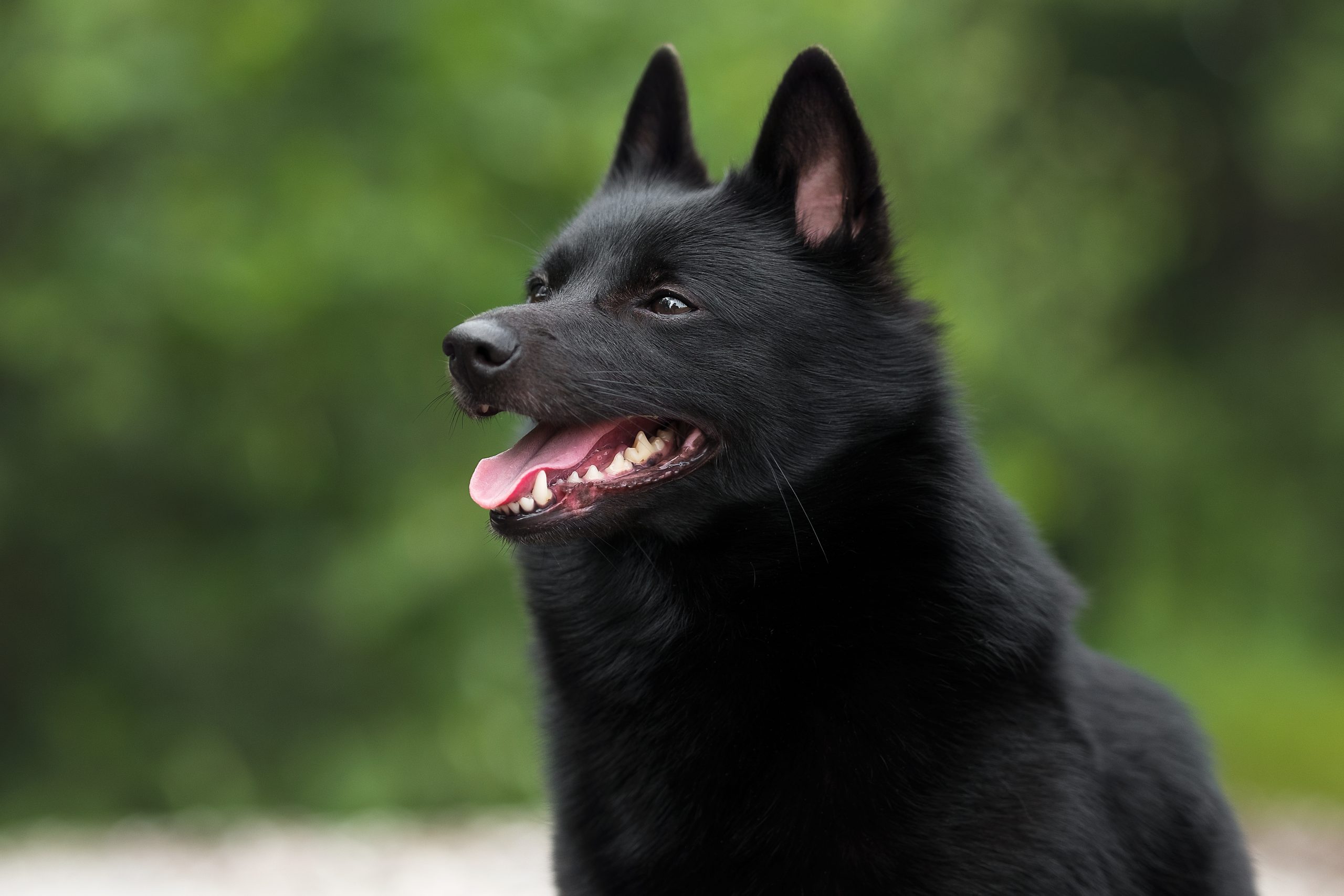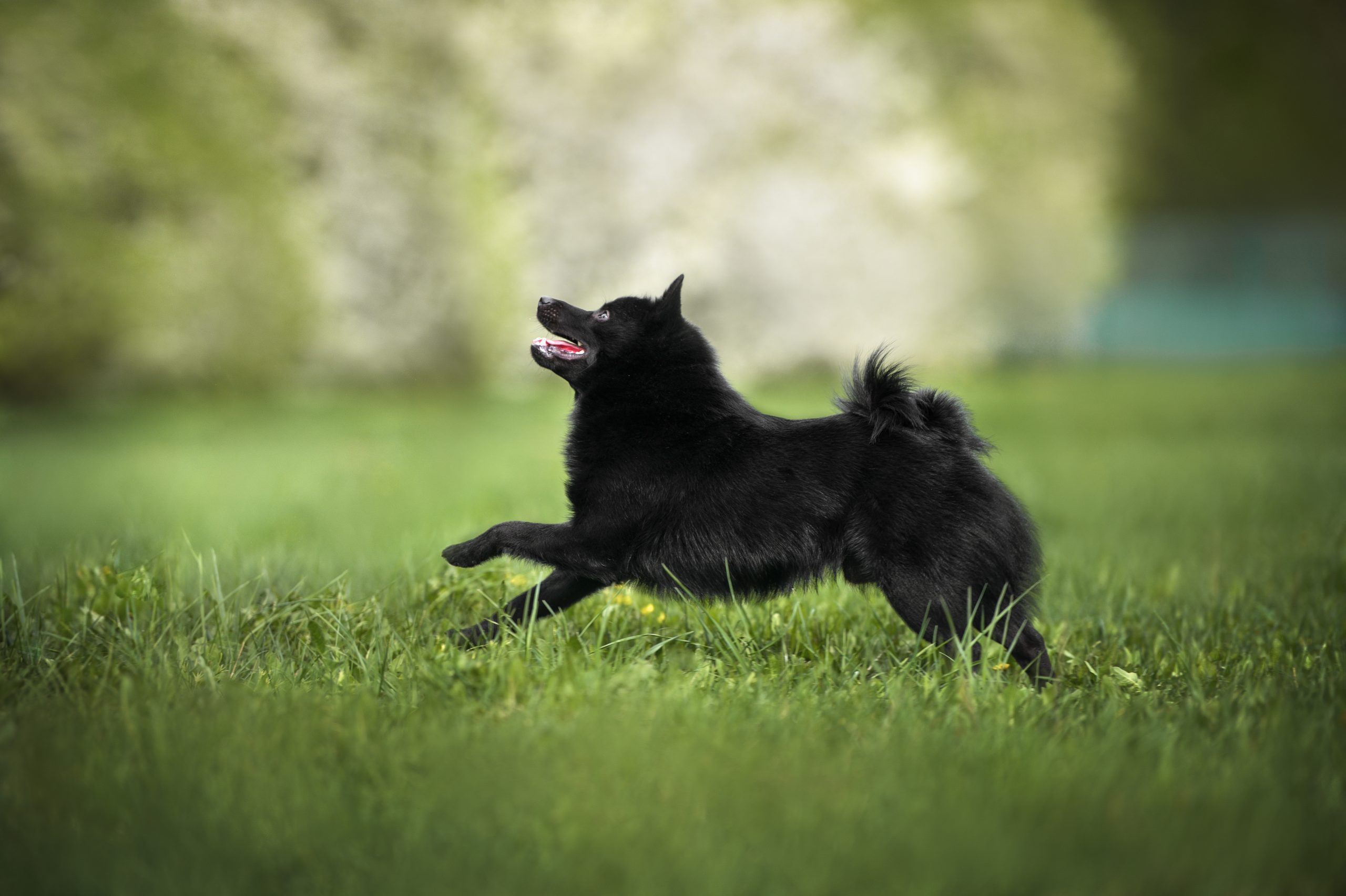Schipperke
Showing all 3 results
Shelter Dog Meal Donation Count:
Showing all 3 results
This breed, known for its spitz-like appearance and spirited personality, makes an excellent companion for those who can match its energy and intelligence.
The Schipperke is a small breed with a big personality. Originally bred in Belgium for hunting and guarding, they are well-suited to various activities and dog sports. They are excellent watchdogs and companions, known for their loyalty and spirited nature.

The Schipperke originated in Belgium in the early 16th century. Initially bred for hunting and barge guarding, they were popular among the working class, especially in Brussels. The name “Schipperke” loosely translates to “little captain” in Flemish, referring to their role as guardians on barges.




Lifespan: Typically live between 13 and 15 years. Common Health Issues: Hypothyroidism, epilepsy, and progressive retinal atrophy.
Coat: Short, thick double coat that sheds moderately. Grooming Needs: Regular brushing is required, more frequently during shedding seasons.
Needs: High. Daily walks and play sessions are essential. Activities: They enjoy activities like agility, obedience, and even herding trials.
Training: Intelligent and eager to learn, but can be stubborn. Consistent, positive reinforcement techniques work best. Socialization: Early socialization is important to prevent them from becoming overly suspicious of strangers.
Diet: A well-balanced diet suited to their age, size, and energy level. Feeding Schedule: Regular feeding schedule, usually divided into two meals per day.
The Schipperke is a charming, energetic, and loyal breed, perfect for active individuals or families who can provide them with the attention, exercise, and training they require. Their unique personality and manageable size make them an excellent choice for a wide range of homes.
The Schipperke, while generally a healthy and robust breed, is prone to several specific health issues. Potential and current owners need to be aware of these to ensure the best care for their pets.
Regular veterinary check-ups, along with these specific tests, can help in early detection and management of these conditions, contributing to a healthier, more comfortable life for a Schipperke.
The iHeartDogs Free Rx Discount Card Program is a pet prescription discount card that can help you save money on your furry friend’s medications. The card is free to sign up for, and you can use it at participating pharmacies nationwide. To use the free program, simply show the card to your pharmacist when you pick up your pet’s prescription. The pharmacist will then scan the card, and you will receive a discount on the price of the medication.LEARN MORE
Caring for a Schipperke, like any dog, involves various expenses that can add up over a year. The annual cost can vary depending on several factors such as your location, the individual needs of your dog, and the level of care you choose to provide. Here’s a breakdown of the typical expenses:
Total Estimated Annual Cost:
$2185 - $4970
It's important to note that these figures are estimates and can vary. Also, the first year of owning a dog can be more expensive due to one-time costs like spaying/neutering, initial vaccinations, and training. Regular budgeting for your dog's needs and an emergency fund for unforeseen costs are essential for responsible pet ownership.